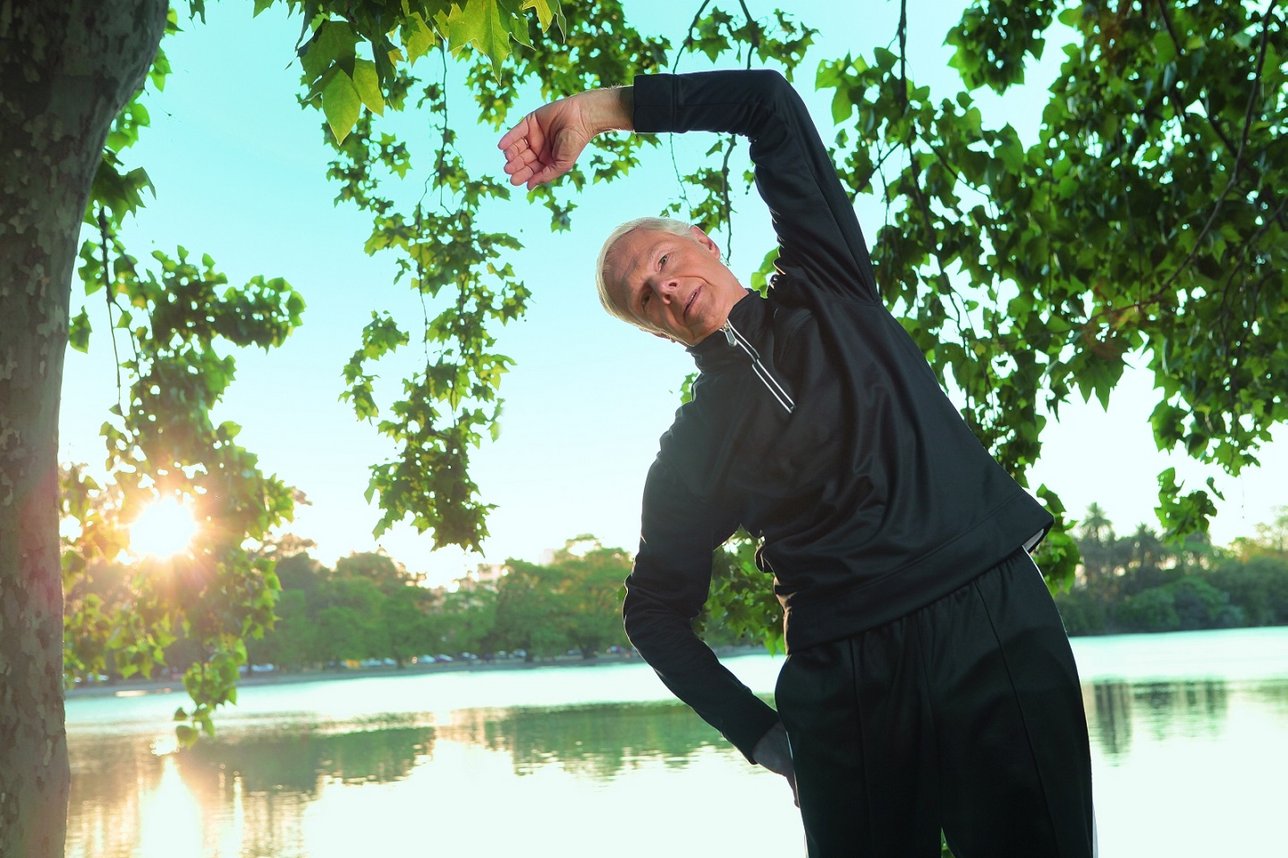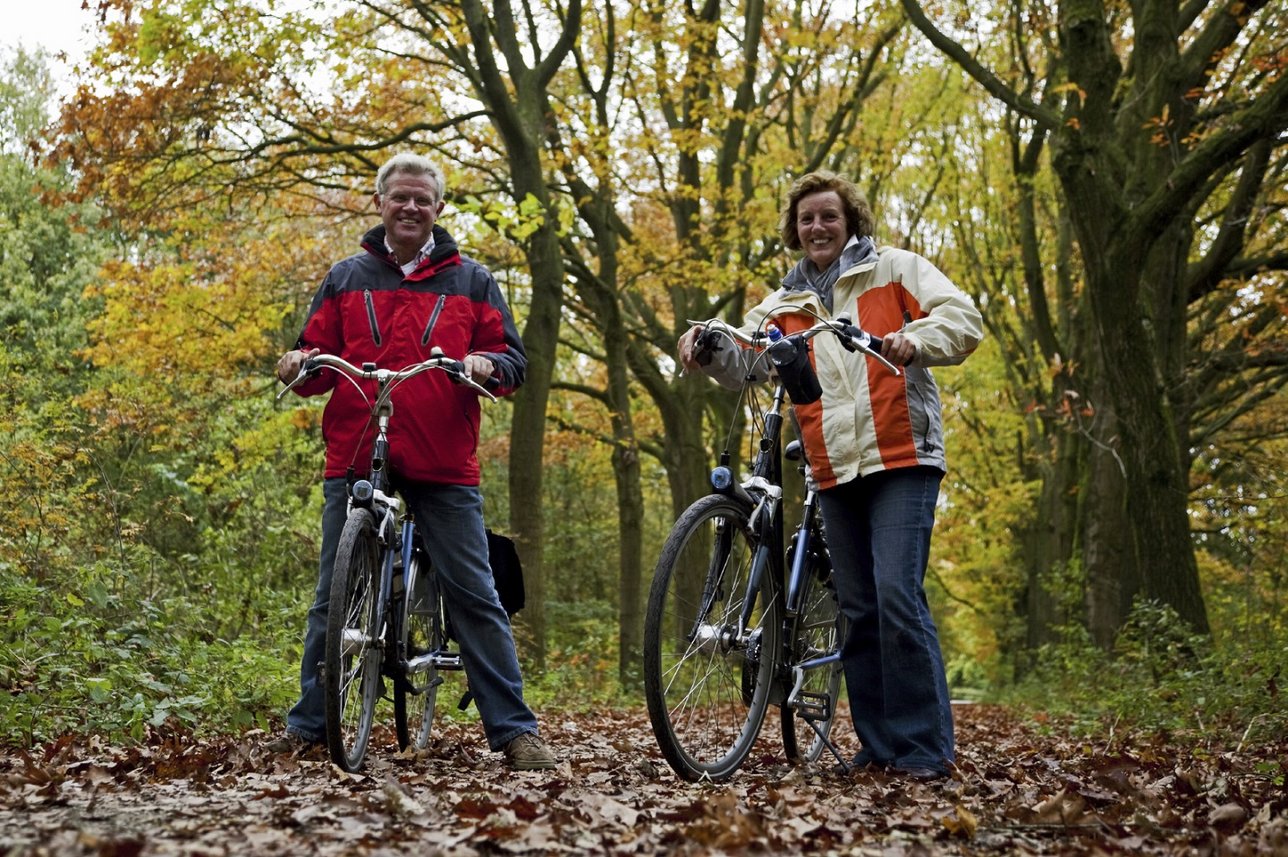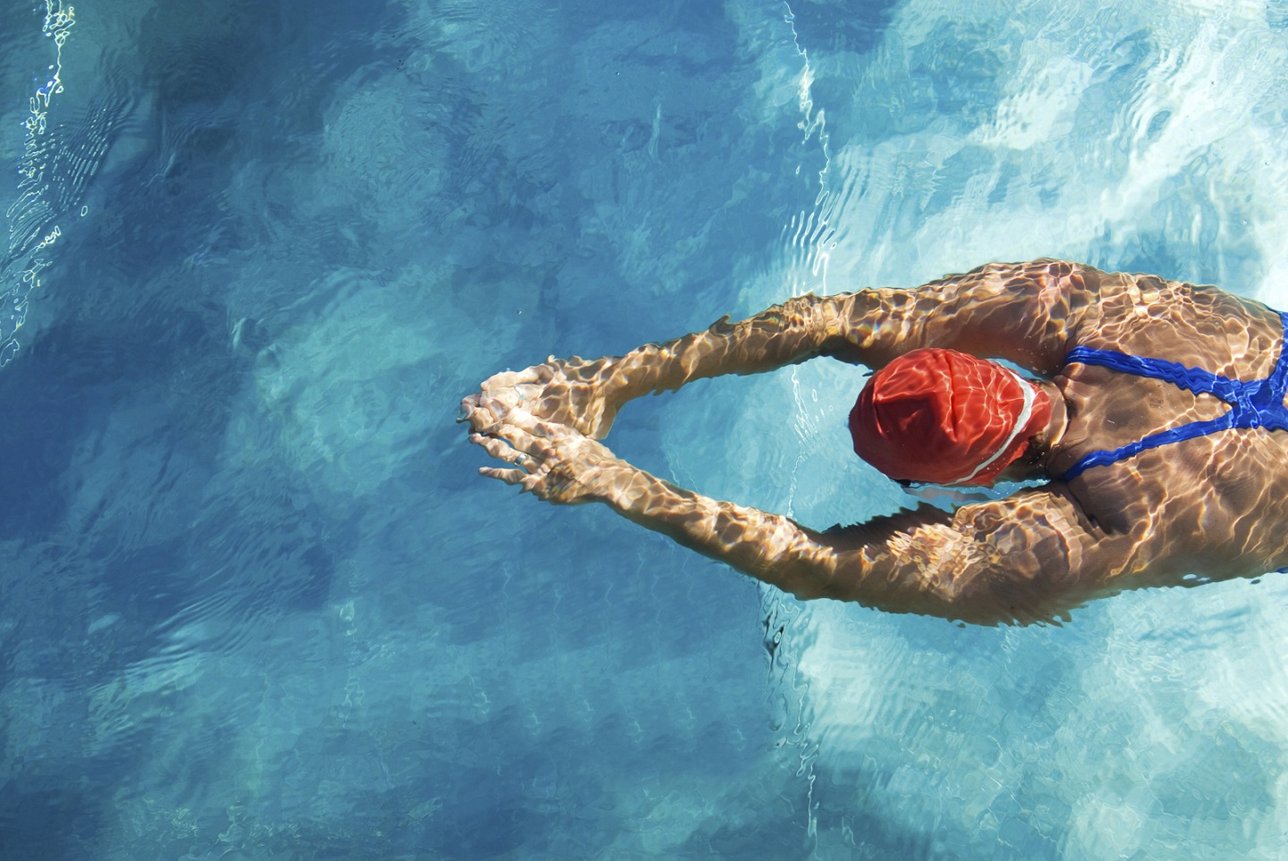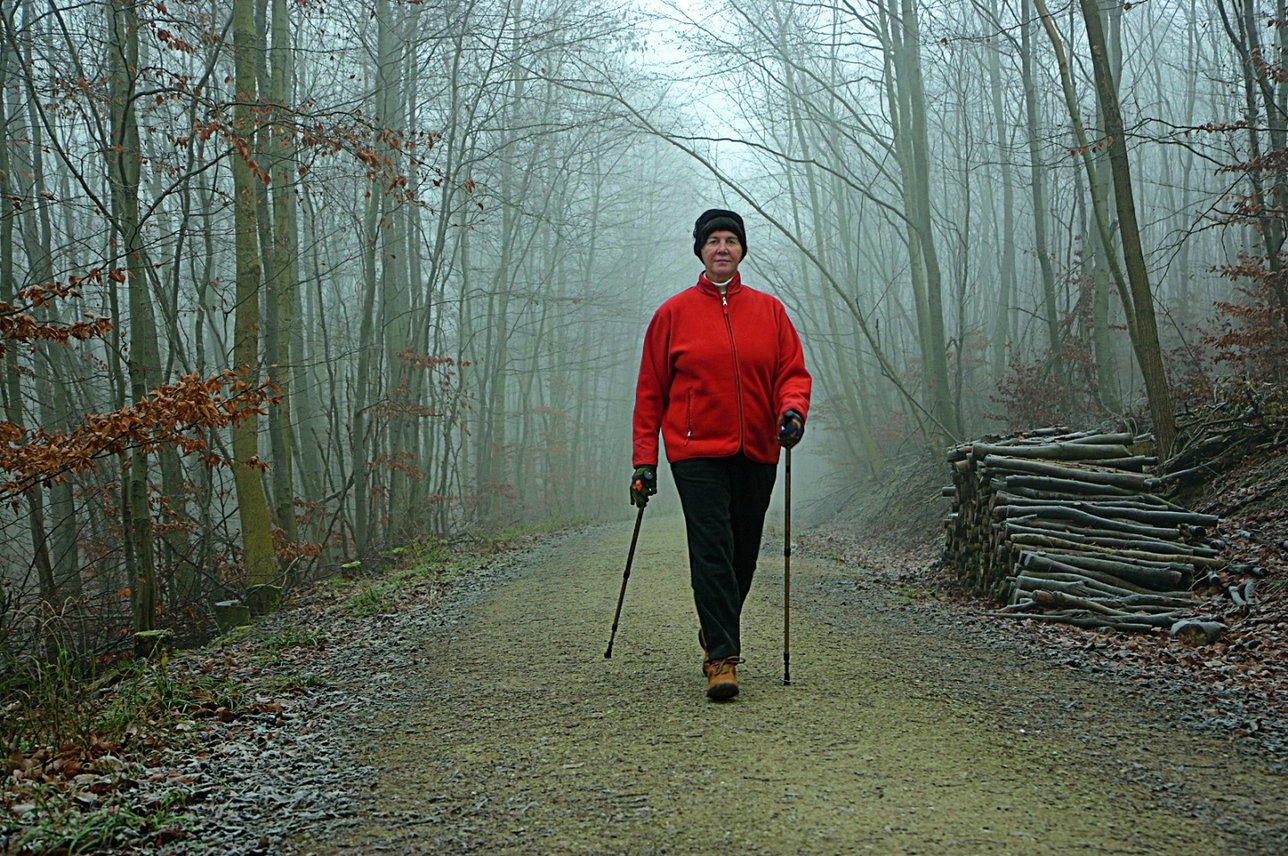It strengthens muscles and makes joints more flexible, so you’ll find it easier to do daily activities that involve movements such as reaching or bending. Being more flexible can also improve your sense of balance. All you have to invest is a bit of your time. In any case, you should always consult your physician before beginning any exercise plan. Ask him which kind of exercise you should do or if there’s any kind of exercise you should avoid depending on your health status and type of vascular access.
Physical exercise

There are many benefits of regular exercise: it not only has positive physical effects but also encourages a healthier lifestyle. A regular work-out gives you more energy to do things and a greater sense of control over your life. It’s good for your blood pressure, and may help to prevent heart problems.
Benefits of exercise
- Improve your digestion
- Raise your energy levels
- Sleep better
- Lower your cholesterol levels
- Reduce stress
- Decrease risk of heart disease
Exercising can also give your appetite a boost, and help you absorb the important energy your body needs. Find out more about energy in our Good Food section.
Always good for you
Your exercise programme doesn’t need to be about sporting excellence – which would put too much strain on your system, anyway – but should concentrate on lighter exercise.
The most beneficial type of exercise is endurance training, which you should do regularly. Endurance sport gently activates muscles. It helps them grow at a slow, steady rate, supporting your bone structure.
This sort of exercise reduces body fat, lowers blood pressure and has beneficial effects on blood sugar and blood fat levels. It also strengthens the immune system over the long-term. Consult your NephroCare team about what exercise you can do and with what intensity. Here are some ideas to get you started:
Gymnastics

For example, start each day with 10 minutes of gymnastics – arm circling, torso circling, simple leg lifts or jogging on the spot. This will get your circulation going as soon as you get out of bed. It improves your coordination and mobility and you’ll feel fit for the rest of the day!
Cycling

Cycling and walking are activities that you can do as long and as much as you wish. Plus, they are great activities to do with other people!
Control your fluid intake
Exercise can make you sweat, and this may affect your fluid intake. You should discuss this topic with your dietician before you make changes to the amount of fluids you drink.
Find out more about fluid intake in our Good Food section


![[Translate to South Africa English:] [Translate to South Africa English:]](/fileadmin/_processed_/b/6/csm_Stir-fried_Chicken_homeTeaser_453c12faa7.jpg)